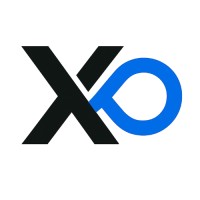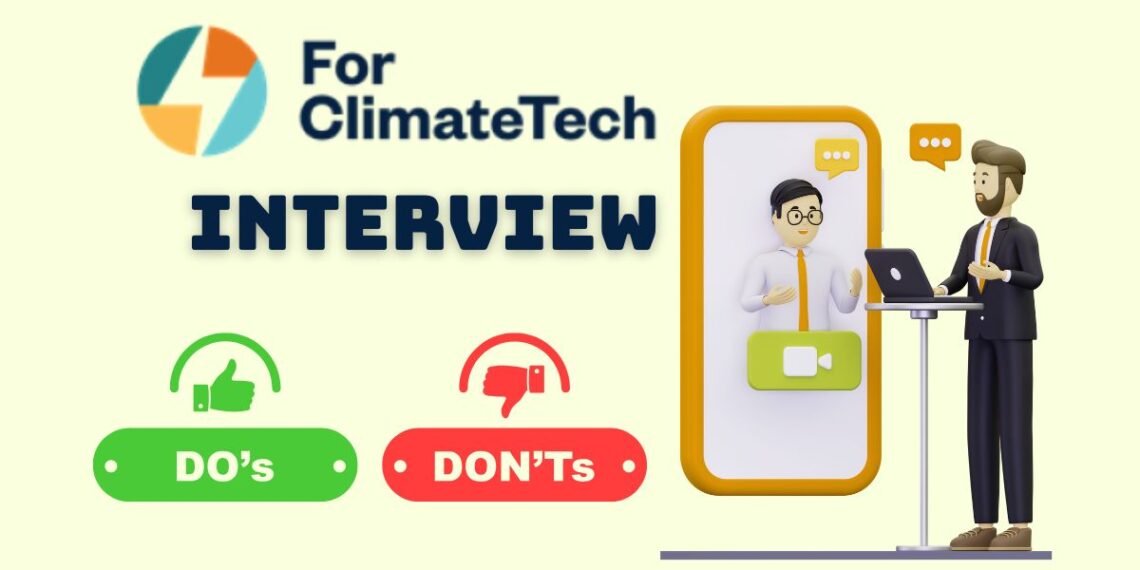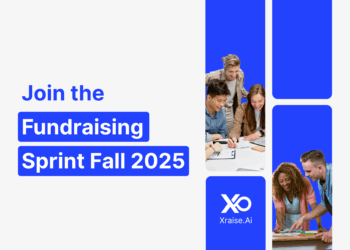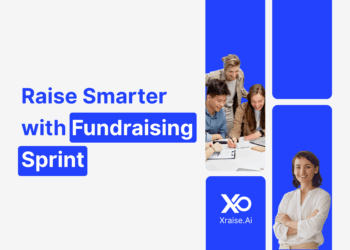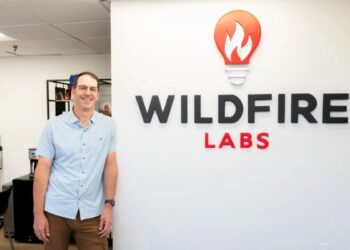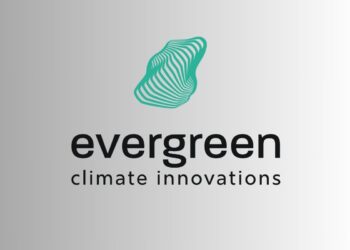If you’re reading this, congratulations 🎉—you’ve cleared the first major hurdle and secured a spot in the For ClimateTech Accelerator Interview process. This is a rare opportunity, but let’s be real: the stakes are high, the criteria are rigorous, and the window to stand out is brief ⏳.
Whether you’re a hardware founder, tackling deep tech, or working tirelessly on your pilot in the trenches, you’re likely cycling through familiar questions: What exactly are they looking for? How do I quantify my climate impact convincingly? Will my TRL or New York State plan hold up to scrutiny? And… what if I get hit with a technical curveball? ⚙️
As a founder who’s helped peers navigate dozens of accelerator interviews, I’m here to unpack what genuinely matters in your For ClimateTech Accelerator Interview—no fluff, no wishful thinking. Let’s turn your anxiety into a clear, confident strategy 💪.
Decoding the For ClimateTech Accelerator Interview: What’s Actually Going On?
Before you rehearse your pitch, you need to understand the mechanics and underlying incentives of your interview panel. Here’s a founder-focused breakdown:
🧑⚖️ Interview Structure: You’ll face a panel interview (usually over Zoom or Google Meet), with both semifinals and finals—finals being a deeper dive (45–60 minutes) with your presentation followed by a robust Q&A.
👥 Who’s in the Room:
- 🎯 SecondMuse Program Staff: Friendly but sharp, they drive the process, probing for team dynamics, fit, and founder resilience.
- 🔬 NYSERDA Representatives: The technical anchors. Expect pointed questions on technology readiness, scientific basis, and—critically—how you fit into New York State’s climate goals.
- 💼 External Experts/Mentors: Occasionally, these are industry operators, investors, or alumni, evaluating your market readiness or sector nuance.
💬 Atmosphere: Genuinely conversational and supportive. One founder put it best: “It felt like they genuinely wanted to learn about our business and see how they could help.” If you’re worried about getting grilled, relax—but don’t mistake supportiveness for a lack of rigor.
🔁 Sequence: Starts with your pitch, then moves from general business/team fit, to deep technical impact, to specifics about your NYS plan. Accountability is balanced: NYSERDA must see real New York and climate benefit; SecondMuse must believe you’ll thrive in a collaborative setting.
Bottom line: Both sides need to say “yes”—on your tech, your team, and your plan for New York.
What They Really Ask in For ClimateTech Accelerator Interview
The For ClimateTech Accelerator Interview goes way beyond “tell me about your company.” Here are patterns, question types, and the signals interviewers are searching for:
Core Themes & Gotcha Questions
🌎 Climate Impact (Quantified, Not Fluffy)
- Typical Q: “How do you calculate your GHG reduction? Walk us through the math.”
- What they want: Clear, numeric modeling, not hand-waving. A founder shared, “They wanted to know our carbon reduction potential per unit—and how we arrived at that.”
🗽 “Why New York?”—The Dealbreaker
- Typical Q: “What’s your plan to benefit New York State? Who will you partner with, hire, or serve here?”
- What sinks founders: No specificity. “We plan to target Con Edison” or “Pilot our tech with Cornell labs” beats “We might expand to NY.”
⚙️ TRL & Tech Readiness
- Typical Q: “What’s your current Technology Readiness Level? How do you know?”
- What they want: Tied to DOE/NASA definitions, defended by data, pilots, or prototypes.
🤝 Team Coachability & Diversity
- Red flag: Arrogance, deflection, or generic answers. They’ve seen founders “try to bluff the science” or downplay hurdles—this is a fast path to no.
🎯 Milestones and Program Fit
- Typical Q: “If we gave you $100k, what are the exact milestones you’d hit?”
- What they want: Specific product, tech, or customer milestones (not “raise our profile” or “network”).
🚀 Semi-Skimmable Table: Common Questions & Answer Do’s/Don’ts
| Interview Theme | Example Question | What Works | What Fails |
|---|---|---|---|
| Climate Impact | “Walk us through your GHG reduction math” | Specific models, references, sensitivity | Hand-waving, no calculations |
| New York State Relevance | “Why NYS? What’s your plan here?” | Names, partners, local hiring, pilots | Vague future ideas, lack of research |
| Technology Readiness (TRL) | “What’s your TRL?” | Reference DOE/NASA scale, evidence | Misaligned claims, too early/late stage |
| Team & Coachability | “Biggest challenge? How did you solve it?” | Transparency, self-awareness | Evasiveness, overconfidence |
| Program Fit | “Why this accelerator?” | Concrete asks tied to program offerings | Generic networking answers |
What Founders Miss: Even technical founders with brilliant solutions stumble on the NYS angle and climate math. Don’t gloss over these—own them.

Prepping Like a Pro: Tactical Strategies for For ClimateTech Accelerator Interview
Here’s where rubber meets road. Founders who “crush it” aren’t just smart—they prep with the specific For ClimateTech filter.
🔢 Know Your Numbers—And Your Limits
- Quantify climate impact: Build (and double-check) your GHG reduction model. If it’s based on assumptions, state why you chose them.📊
- TRL Deep-Dive: Study the DOE/NASA definitions. Align your claims with supporting evidence (test data, pilot results).📚
- Be honest when stumped: “We’re currently validating X; it’s one reason we want your help.”🙋
🏙️ Build an NYS-Specific Business Case
- Name partners: Identify and prep plans for NYS customers, labs (e.g., Cornell, RPI), or pilot sites.🤝
- Project local value: Jobs, manufacturing, or supply chain spend—show a credible path.🏭
- Connect to policy: Know NY’s Climate Act goals and which your startup supports.📜
👨👩👧👦 Align Your Team—No Mixed Messages
- Internal pitch run-throughs: Make sure everyone agrees on vision, tech status, and NYS plan. Decide who answers which topics in the interview.🎤
- Honesty over bravado: One founder was accepted because “we were very clear we needed help on go-to-market—it showed we were coachable and a good fit.”💬
🧪 Practice With Real Pressure
- Mock interviews: Have a mentor, advisor, or peer play a NYSERDA skeptic. Focus on your TRL defense, GHG math, and NYS connections.🎭
- Tough questions are opportunities: Pause, think, and—if you don’t know—tie back to how the program would help you de-risk.⏱️
Pro Tip: Solo or non-technical founders should come ready to over-index on networks, advisory muscle, or plans to bring in technical depth. Acknowledge gaps; don’t gloss over them.
The Post-Interview Playbook: What Happens Next—And How to Win the Long Game
You’ve pitched, fielded hard questions, and logged off. But your interaction with the For ClimateTech team isn’t over just yet. What you do in the next few days can strengthen relationships, open future doors, or even boost your odds for another chance. Now what?
- ⏳ Decision Timeline: Expect 1–3 weeks for a verdict. The program typically keeps to timelines.
- 💌 Follow Up Smartly: Send a succinct thank-you to your main program contact, referencing something discussed. E.g., “I appreciated the deep dive on partnerships in Buffalo—our team is motivated to make an impact there.”
- 📉 If Rejected: Ask for feedback (graciously), note if reapplying is welcome, and connect on LinkedIn. Progress on their feedback, then update them before the next cohort.
- 🌐 Stay Engaged: Follow their socials, join relevant events, and interact with the team online—even if you’re not selected. Founders who stay visible often get another shot.
The accelerator is tight-knit, with a “pay it forward” ethos: collaborative, diverse, and highly invested in founder development even beyond the cohort. If you make it in, show up for your peers—the community is the real asset.
For ClimateTech Accelerator Interview Checklist
This isn’t just a final check—it’s your last moment to align your thinking, refine your delivery, and make sure you’re showing up with clarity and purpose. These items represent the most common reasons founders succeed—or stumble—in their interviews.
Before you click “Join Meeting,” be sure you can…
- 📉 Tell your climate impact story—quantifiably
- 🧪 Defend your TRL with evidence
- 🗽 Name NYS-specific partners, pilots, or hiring plans
- 👥 Show internal alignment with your team
- 📈 Explain your business milestones in the context of climate milestones
- 🚀 List exactly how the program will help you leap key hurdles
- 💡 Demonstrate humility, curiosity, and coachability
What Founders Miss: Even great decks miss the “why NY?” and “how the program helps us” points. These are essential.
Final Thoughts: Own Your Story, Quantify Your Impact, and Make It Real
Standing out in the For ClimateTech Accelerator Interview is less about performing and more about connecting the dots 🧩—between your technology, your business vision, your New York State plan, and your readiness to build something truly impactful 🌍.
The most successful founders are those who are transparent about gaps, fluent in both their science and their business plan, and specific about “why New York and why now”. As one program director said, “We’re betting on founders.” 🎯
So, do the work. Know your numbers, know your story, and be ready to show why you’re not just a strong startup, but the right startup for this program, this moment, and this mission 🚀.
The next session could be one that changes your company’s trajectory. Prepare smart, be concrete, and approach your For ClimateTech Accelerator Interview as the collaborative, high-impact opportunity it is 🤝.
See you in the cohort. 💡🌎
